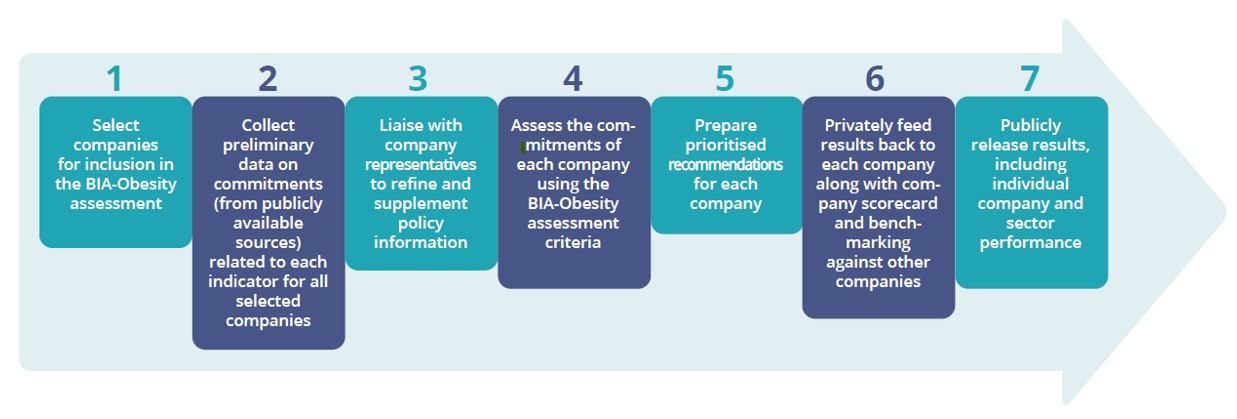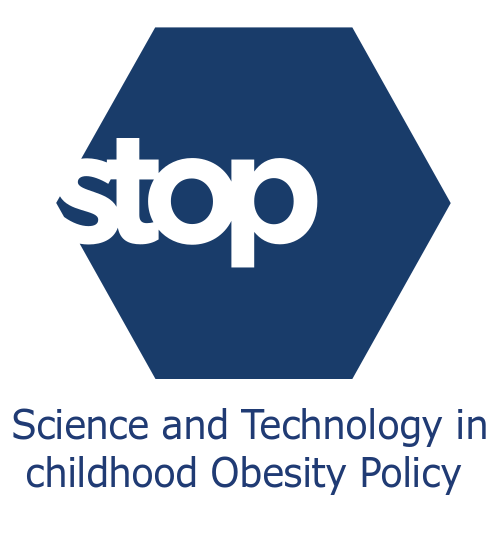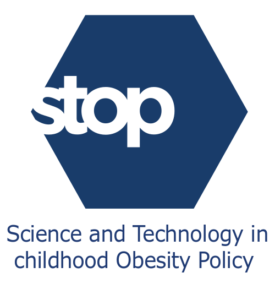We have long been aware of the link between food environments and risk of overweight and obesity, something which has been exacerbated in recent months by COVID-19. By 2030, obesity is expected to affect over 100 million children under 5 and over 150 million adolescents under 19 worldwide, which represents nearly 1 in 8 (12.91%) of all children and adolescents across the globe (1). We are already off-track to meet the 2030 Sustainable Development Goals and nutrition-related targets, and this is further jeopardised with rising costs of food and challenges with access that have been worsened by the spread of the disease. The UN Food System Summit in 2021 reiterated the need to enhance support for collaboration and policy action across governments to advance food system transformation. To improve food environments there is a vital role for governments to play through the implementation of strong policies, but the food industry must also take some responsibility to help create healthier food environments and improve population nutrition.
With this in mind, a new report published as part of the STOP Project by Sciensano (2), provides a comprehensive assessment of the commitments and practices of 33 companies in France related to obesity prevention and population nutrition. The research was conducted in 2020 as part of a larger effort (INFORMAS) to assess industry commitments and practices across the globe, using the BIA-Obesity (Business Impact Assessment on Obesity and Population-level Nutrition) as a framework to benchmark food company policies across 6 domains. The key action areas identified by the tool include corporate population nutrition strategy, product reformulation, product labelling, product and brand promotion, product accessibility and relationships with other organisations.

Figure 1 The diagram illustrates the process used to collect, verify, and assess companies’ commitments.
The report showed that most of the companies included in the report (26/33) had a corporate population nutrition strategy outlining their commitment to population nutrition and health, with food and beverage companies performing better than supermarkets. Few companies (4/33) had not committed to product reformulation to reduce the amount of sodium saturated fat, trans fat, and added sugar per serving). Some companies (18/33) published commitments to inform consumers about the nutrient composition of their products, with the implementation of the Nutri-score front-of-pack-labelling system. However, almost half of the companies (15/33) failed to demonstrate a comprehensive commitment to reduce the exposure of children and adolescents to in-store and online marketing, or to commit to restricting the accessibility of unhealthy food products and increasing the presence of healthier alternatives (12/33).
Across the four sectors investigated, it was clear that there were varying levels of commitment (2%-74%) to nutrition and obesity across their initiatives across their initiatives:
- Most French packaged food, and non-alcoholic beverage companies have incorporated nutrition and health in their corporate strategy (18/20) and have made some commitment to implementing the Nutri-score nutrition labelling on-pack and online (18/20).
- French quick-service restaurants have made some commitments to improve transparency: disclosing philanthropic funding and support for initiatives, and all (10/10) have promised to disclose food nutrition information for their products, mostly on online platforms.
- French supermarkets have demonstrated clear commitment to reformulating private label grocery products and to implementing the Nutri-Score front-of-pack labelling system.
- Most companies are transparent in declaring their relationships with other organisations.
It is clear from the report that, while some steps have been taken, there is much more that needs to be done and companies need to step up their commitments to contribute to the societal response needed to address overweight and obesity. Ultra-processed foods (UPFs) are still the centre-stage of supermarket promotions, and none of the companies included in the research committed to restrictions on unhealthy food marketing to children in line with the World Health Organization recommendations on the marketing of foods and non-alcoholic beverages to children (3). In the United Kingdom alone, UPFs provide 65% of children’s daily caloric intake and this is equally a threat to respect, protect and fulfil children’s rights (4).
Companies should be more transparent, specific, and comprehensive. Their commitments must equally be monitored and evaluated to hold to account those who are not delivering on their promises. The research is representative of a small number of companies, and more are yet to engage fully with the BIA-Obesity process as the tool is enhanced and improved. To deliver on the Sustainable Development Goals and World Health Organization action plan on chronic diseases urgently, decisive action to improve food environments is needed.
Access the full report, including sector-specific recommendations for future action here.
ABOUT INFORMAS and BIA Obesity:
INFORMAS (International Network for Food and Obesity / Non-communicable Diseases (NCDs) Research, Monitoring and Action Support) is a global network of public-interest organisations and researchers that aims to monitor, benchmark and support public and private sector actions to increase healthy food environments and reduce obesity and NCDs and their related inequalities. The Business Impact Assessment on Obesity and Population Nutrition (BIA Obesity) is developed by INFORMAS, is a tool and process for benchmarking food and beverage company policies and practices related to obesity and population-level nutrition at the national level.
About the STOP project:
Led by Imperial College London and part of the Horizon 2020 programme, the Science and Technology in childhood Obesity Policy (STOP) is a four-year European Commission-funded project which brings together 31 international research, advocacy and governmental organisations from 16 countries to generate scientifically sound and policy-relevant evidence on the factors that have contributed to the spread of childhood obesity in European countries, and on the effects of alternative policy options available to address them. The project engages international partners from different policy-contexts in the United Kingdom, Italy, Estonia, Romania, Portugal, France, Belgium, Slovenia, Sweden, Croatia, Spain, Finland, Switzerland, with additional partners in New Zealand and the USA. For more information about the STOP project, visit https://www.stopchildobesity.eu/
References:
- World Obesity Federation. 2019. Global Atlas on Childhood Obesity | World Obesity Federation. [online] Available at: https://www.worldobesity.org/membersarea/global-atlas-on-childhood-obesity.
- Van Dam I, Vandevijvere S. Food companies’ commitments and practices on food environments and nutrition in France: A detailed assessment. Company assessments and recommendations using the Business Impact Assessment on obesity and population nutrition (BIA-Obesity). Sciensano 2022.
- World Health Organization. 2010. Set of recommendations on the marketing of foods and non-alcoholic beverages to children. [online] Available at: http://apps.who.int/iris/bitstream/handle/10665/44416/9789241500210_eng.pdf;jsessionid=271F731904F65A6BD84B8AFC4F26715E?sequence=1.
- Neri, D, Steele, EM, Khandpur, N, et al. Ultraprocessed food consumption and dietary nutrient profiles associated with obesity: A multicountry study of children and adolescents. Obesity Reviews. 2022; 23( S1):e13387. doi:10.1111/obr.13387

